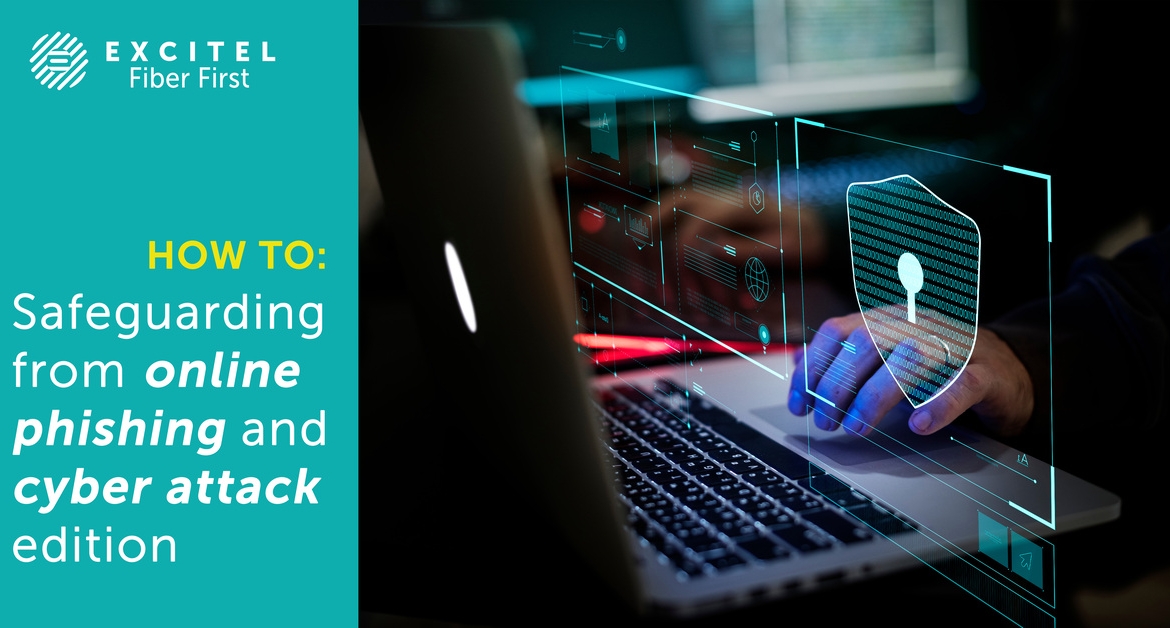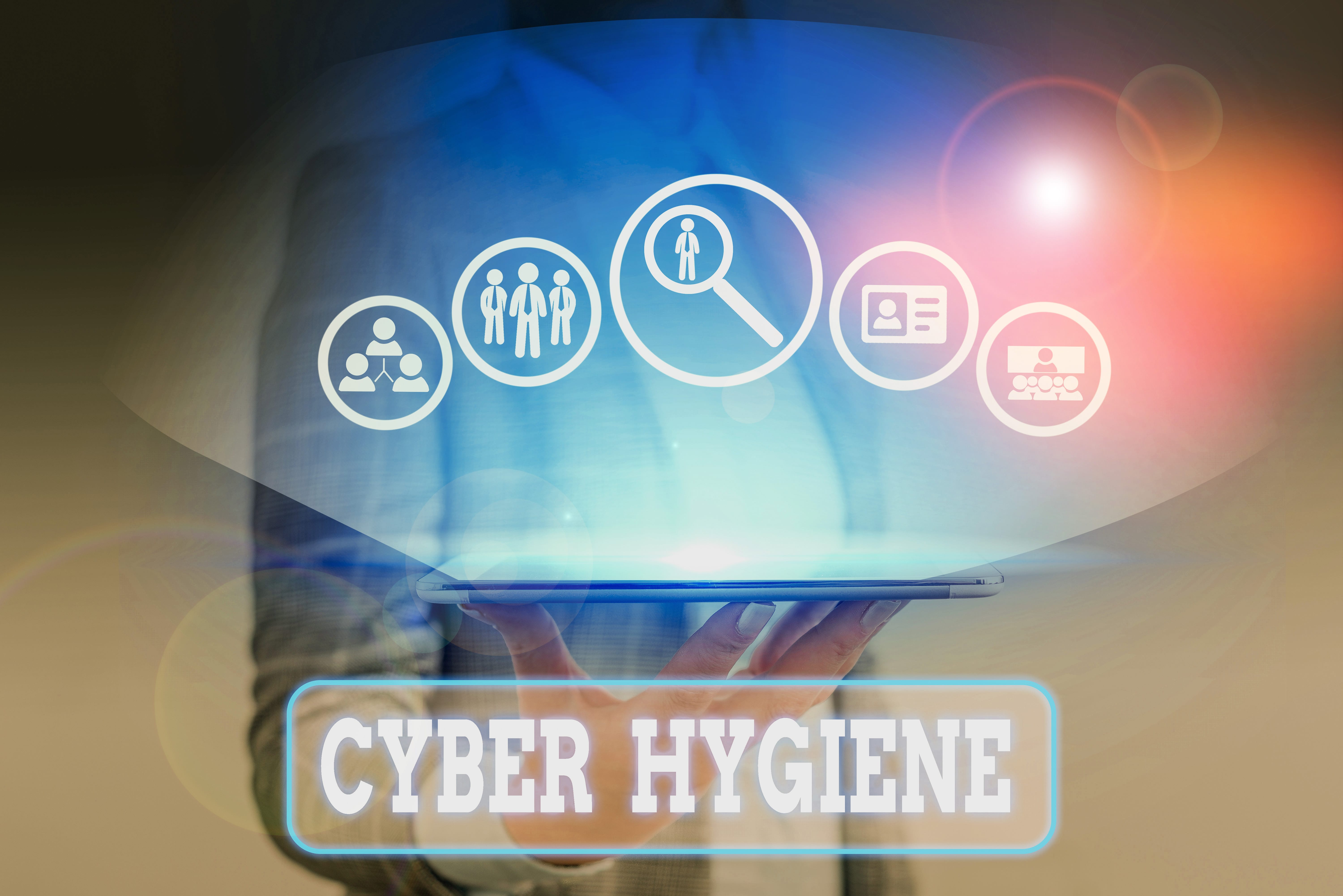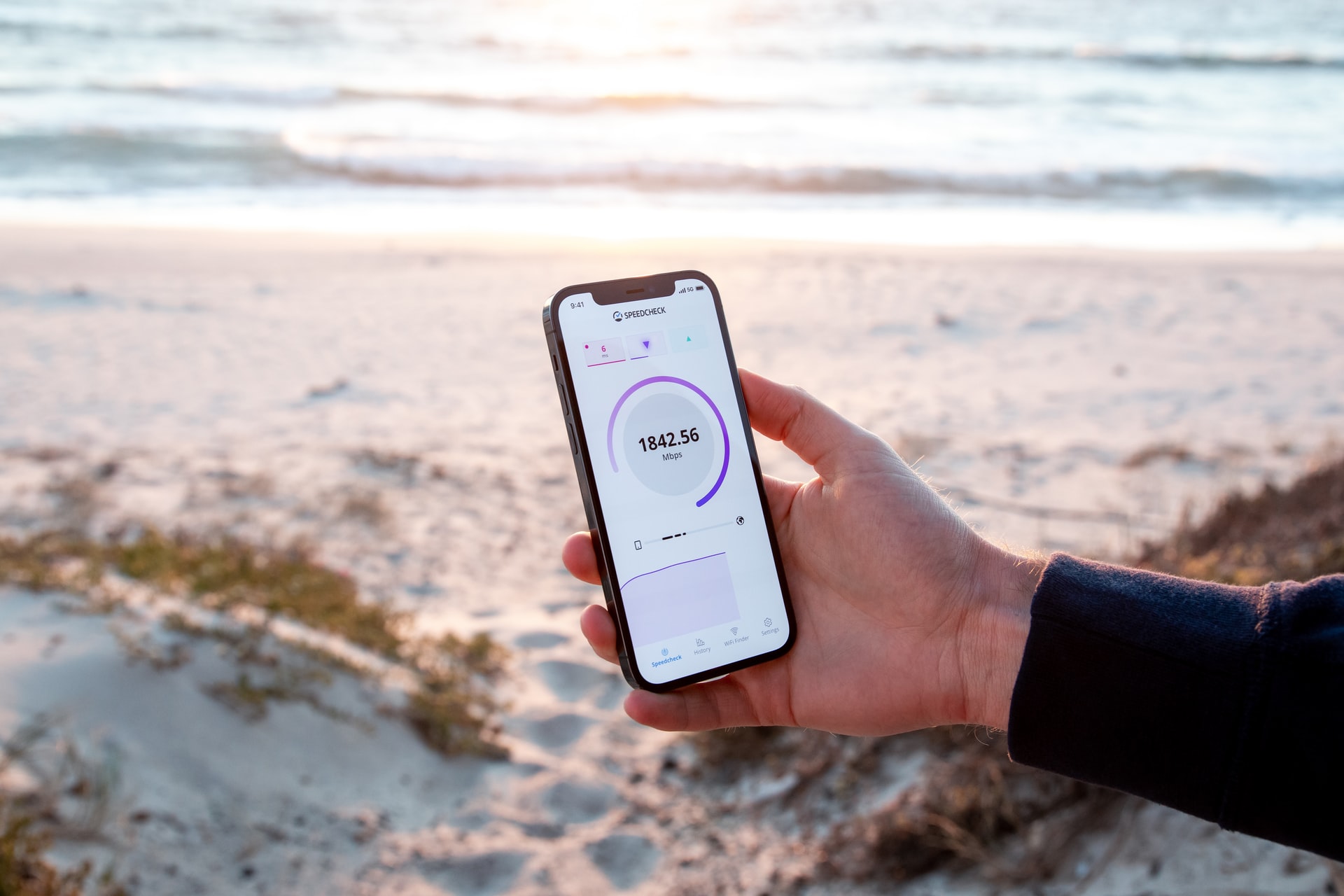The Internet has become fundamental in today’s day and age. While it has enabled access to unlimited content and broadened the horizon while easing everyday life, it’s also unfortunately home to a nascent form of crimes like phishing, cyber stalking, online bullying, identity theft, etc.
Interestingly, in 2020 alone, India reported that 4.5 million people were victims of cybercrimes, thus making it one of the highest recorded in the world. Attempting to minimise cyber crime and and promoting safer online habits, here are some tips that will help secure your personal data from being exploited in the world wide web:
Use Strong Password:
Passwords are a doorway to your personal records and are the first point of inflection between the hacker and the account. Many websites which store sensitive data now post a recommendation of using a strong password which is a combination of upper and lower case alphabets along with special characters and numbers, making it a tough cookie to crack.
Avoid clicking on pop-ups:
There have been many situations where you are prompted by a pop up that suggests that there is a virus infestation in your system and clicking on a button can help you avoid the same, that is one of the most common ways that allows hackers to actually insert virus in your system that can lead to a leak of personal data, Ironical isn’t it. Avoid browning on non-trusted links, this minimises hackers’ chance of accessing your account. Ensure that you block pop-ups to avoid this.
Using secure payment gateways:
We love online shopping as much as hackers love to lure us with some bang-on-buck deal! Millions of scam websites claim to provide the deals at the lowest price, and we put down our card details, moreover make an online payment. Guess what, the commodity you paid for, will never reach you.
In order to avoid this, make sure the platform has SSL security integrated payment gateway or https in its URL.
Visit trusted websites only:
Trusted websites would never have strange websites offering you millions when working from home. These websites are breeding grounds for ransomware, an advanced program that takes over all the personal data and asks for monetary ransom or it would either delete all your data or leak it online. Instead, check out for a website’s privacy policy, if their contact information is authentic, has close to zero pop-ups and has a https seal.
How to: Safeguarding from online phishing and cyber attack edition






